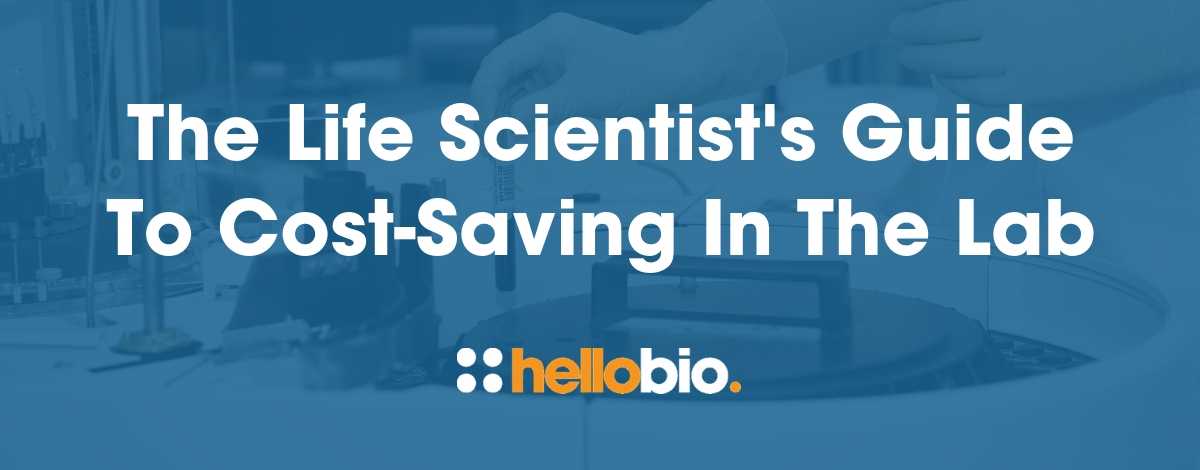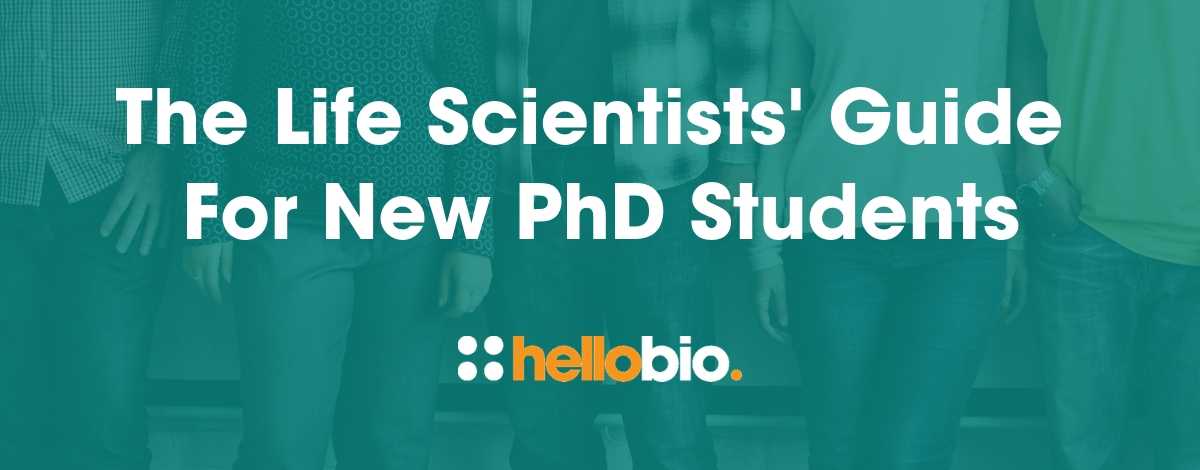Interviews with Scientists: Pooja Raval
Next in our Interviews with Scientists series, meet Pooja Raval! Pooja is a postdoctoral associate in the laboratory of Dr. Deepak Srivastava at the Institute of Psychiatry, Psychology and Neuroscience, King’s College London. She recently received her PhD in Neuroscience from King’s College London.
During her PhD, Pooja investigated the effects of estrogens on local protein synthesis in the male and female hippocampus. In addition to her time in the Srivastava Lab, Pooja spent a year at the AstraZeneca-Tufts Laboratory for translational neuroscience in Boston, MA where she carried out a part of her PhD. Currently, Pooja is interested in understanding the molecular mechanisms underlying the potential beneficial effects of estrogen-based treatments in schizophrenia and is studying this using human induced pluripotent stem cells derived from both control and schizophrenia patients.
We spoke to Pooja about her career so far, advice for new PhD students, the challenges facing scientists today and more...
Great to meet you, Pooja! Firstly, please do tell us a bit more about your current research...
Since the beginning of the year, I have been learning to work with human induced pluripotent stem cells (iPSCs) derived from both control and patient lines and neuralising them into neural progenitors and thereafter, specific types of neurons. I have been a part of multiple projects whereby I pharmacologically treat these lines with a number of different pharmacological drugs, some of which are FDA-approved. Using a combination of high-throughput imaging and qPCR readouts, I am investigating the effects of these drugs on specific disorders.
Did you always want to be a scientist when you were younger?
Haha, not at all. When I was younger, I wanted to be an astronaut! Then, as I got older, I was interested in clinical psychology. My bachelors was in Cognitive Science and during university I volunteered in a brain injury day clinic. As this progressed, I realised that instead of diagnosing and recognising symptoms, I wanted to know the underlying molecular mechanisms that make up a specific disorder – I then decided to pursue neuroscience.
What advice would you give to someone just starting out with their PhD?
Brace yourself, I’m going to preach what I did not practice!
A lot of experiments won’t work. This is quite typical in science but when it comes to your PhD you’re running the show, so you feel more pressured and forget that things don’t always go smoothly. At the end of the day, every result is a result, even the negative ones. So, don’t let it get you down, learn from it and stay positive – there is a light, I promise you!
Importantly, keep it simple. Often the most exciting results are the simple ones, which then open up all these avenues to explore and use cool techniques. This happened to me in my third year... so it’s never too late!
Try and find a work/life balance. It’s so easy to lose yourself in your work and I often found myself working 12 hour days simply because something was going wrong, or even right. I think keeping a schedule of 9-5 or 6 is totally fine and acceptable. Unless, that is, your cells demand you to come and look after them over weekends... it happens. But importantly, sometimes you have to switch off. Try not to bring a stressful day at work home with you.
Lastly, ENJOY IT! It’s an experience you won’t get to have again, and you’ll look back with your PhD colleagues and miss it. We certainly do.. sometimes!
What's the most important lesson you have learned in your career so far?
To never give up! The PhD threw so many obstacles my way. At the time it would discourage me and sometimes made me feel inadequate. But stepping away, taking a breath and coming back to it with a fresh mind always did the trick.
What’s your biggest achievement in your career to date?
Very honestly, my biggest achievement IS achieving my PhD. From not doing so well at Biology at A-Levels to having a PhD in Neuroscience – it’s unbelievable. If you told a 16-year-old me that I would go on to have a PhD in Neuroscience, I would have laughed in your face. It still strikes me! It’s been a long, tough road but I am so proud of it and would do it all again!
What do you think are the biggest issues currently facing life scientists and their work?
Currently, I think research funding is one of the biggest issues we are facing as academics. Simply put, we need money to do research, but there isn’t enough. As someone who has just finished their PhD and starting out their scientific career, it’s quite disheartening especially with Brexit and the associated uncertainty around the corner.
What does a typical day in the lab look like for you?
I typically spend about an hour or two in tissue culture, feeding and passaging my cells first thing in the morning. Currently, I am expanding and neuralising them. It takes about 20 or so days before I can pharmacologically treat them and extract their RNA for analysis. So, I split the rest of my time by working on my manuscript and doing other ongoing experiments.
Outside the lab, what do you enjoy doing most?
I love dancing! I used to do traditional Indian dancing for many years and wasn’t able to dedicate much time to it once I started university. I was even part of a dance troupe that auditioned for the opening of the Olympics in 2012 in London, we sadly lost out. A lot of my friends are slowly getting married now and these days, I find solace in choreographing (secret) dances along with my friends for our friend’s wedding receptions!
If you weren’t a scientist, what do you think you’d be doing?
I literally have no idea…
What is it about your field of research, or your current work, that gets you most excited?
A lot of my research background, and my PhD, revolved around understanding the underlying molecular mechanisms of hormones, such as estrogens, in the brain. From reading many papers over many years insinuating a particular role for estrogen in the brain, to showing it to actually be true is super exciting for me. A large clinical trial by the Women’s Health Initiative did not help in elucidating the beneficial effect of estrogens and was widely criticised for many reasons. But it also highlighted the fact that we don’t know much about the beneficial effects of estrogens in the brain. Dr. Deepak Srivastava’s lab is one of the very few that is working on estrogen’s actions in the brain at the molecular and cellular level in the UK and it’s exciting to be part of novel research.
Which scientists working today do you most admire, and why?
One of my favourite current scientists is Erin Schuman from the Max Planck Institute for Brain Research in Frankfurt, Germany. I follow Erin’s work very closely as one of her research areas is local protein synthesis in neurons. Her papers have always caught my eye because they are absolutely incredible. The techniques her labs develop, and employ, are very unique. Their work has been an inspiration for me during my PhD and I’m always excited to see what they publish next. I attended one of her talks at MIT and spoke to her about my work, she was incredibly helpful and so lovely!
What’s your favorite science quote?
My most favourite science quote (as a scientist, but also as a human being!) is by Stephen Hawking: “Look up at the stars and not down at your feet. Try to make sense of what you see, and wonder about what makes the universe exist. Be curious.”
What do you think is the greatest scientific discovery of all time?
Wow, that is hard… I’m going to stick to the 21st century and say evidence of water on Mars! I’m a fan of sci-fi shows, movies and l’ve always been curious about life on other planet. Earth has its own history, it would be pretty awesome to learn the history of another planet.
________________________________________________
Thank you so much for speaking to us, Pooja! We wish you the very best of luck with your research.
You can follow the Srivastava Lab on Twitter here: @ncndgroup_kcl
And you can follow Pooja at @_PoojaRaval
_________________________________________________
If you enjoyed reading this article, why not check out the other resources available on our blog. We are passionate about supporting early career life scientists and PhD students - with really low- priced reagents and biochemicals, travel grants, and resources to help with both personal and professional development. We know how tough it is - so we hope you find these helpful!
Advice & guidance for life scientists
Click below to view our of essential guides and articles includes to support life scientists, PhD students & early career life scientists:
Travel grants
Every month we give away $500 to PhD students and Postdocs so that they can attend a scientific conference - click below to find out more:
Wellbeing for scientists
Click below for our resources to help improve your wellbeing:
Technical resources
Try our Molarity Calculator: a quick and easy way to calculate the mass, volume or concentration required for making a solution.
Try our Dilution Calculator: an easy way to work out how to dilute stock solutions of known concentrations
Click below to see our Mini-reviews, Pathway Posters & Product Guides: a set of technical resources to answer your questions on a wide range of topics and to help you get started quickly.
And - when you get to the stage of planning your experiments, don't forget that we offer a range of agonists, antagonists, inhibitors, activators, antibodies and fluorescent tools at up to half the price of other suppliers - click below to see how we compare with other suppliers:





















